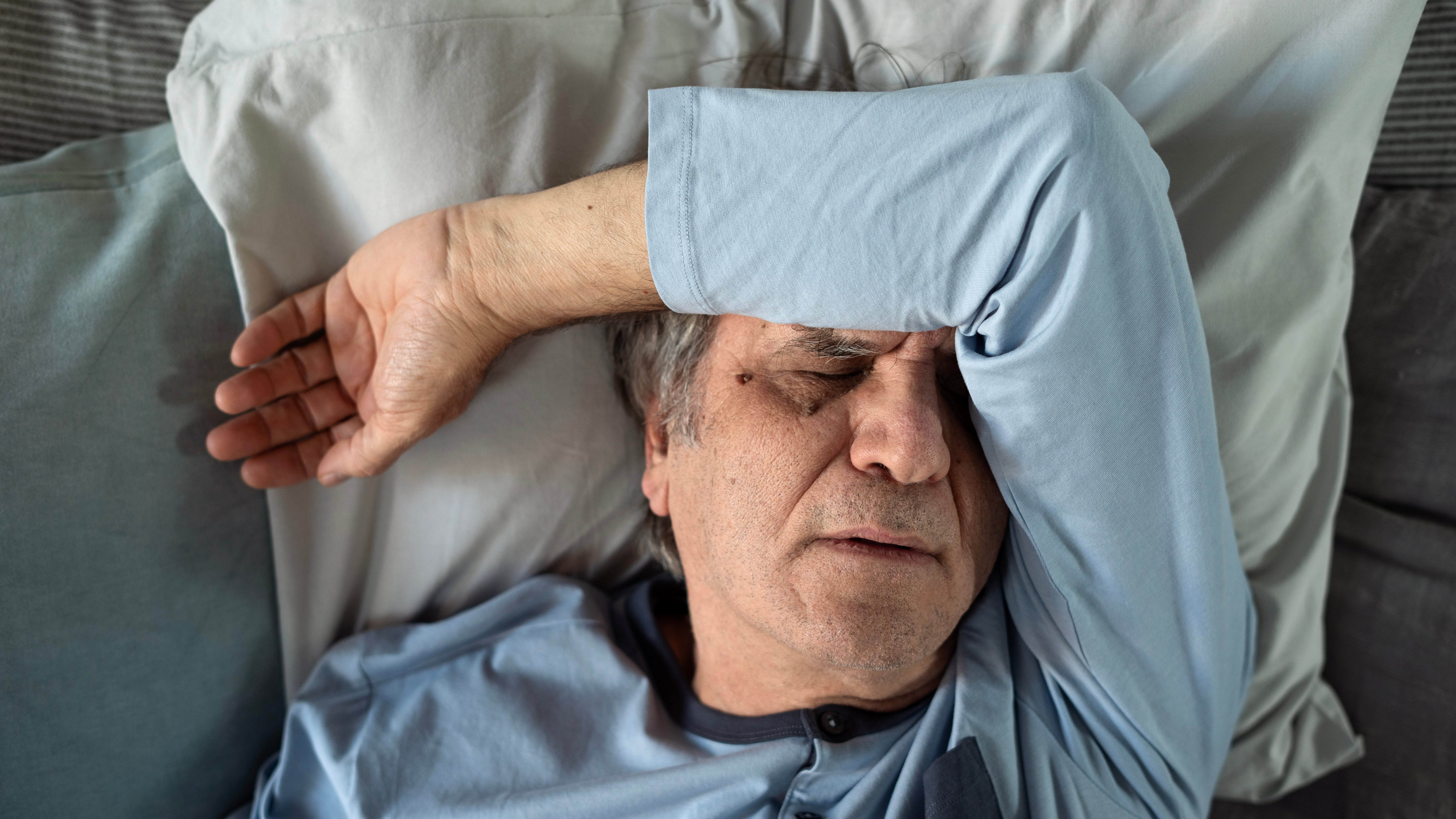Sleep Study Benefits: What is a sleep study? And should I have one?

There are few things more important for day-to-day health than a good night’s sleep. From work performance to emotional stability to physical well-being, our quality of sleep impacts every part of our lives.
Unfortunately, 30% of adults across various countries reportedly experience insomnia, according to the National Institutes of Health. And approximately 20% of U.S. adults are impacted by a sleep disorder called obstructive sleep apnea – of which, about 90% are undiagnosed.
The good news?
Sleep studies can be conducted to catch sleep disorders like sleep apnea and insomnia before they become more serious and cause further health issues.
What is a Sleep Study?
A sleep study is a non-invasive overnight test used to monitor your quality of sleep. Doctors use sleep studies to analyze what’s happening in your brain and body while you sleep and diagnose sleep disorders like…
-
Sleep apnea
-
Insomnia
-
Restless Leg Syndrome
-
Narcolepsy
-
Periodic Limb Movement Disorder
-
Sleepwalking
-
Sleep Talking, or Somniloquy
-
Night Terrors
-
Sleep Paralysis
-
REM Sleep Behavior Disorder
Types of Sleep Studies
The specific kind of study conducted will depend on your unique symptoms and whether you have any existing sleep disorders.
Polysomnography: The most common type of sleep study, a polysomnography is an exam administered overnight by a sleep technician at a hospital or sleep center. Sleep technicians use a number of sensors to test a range of body systems, including respiratory effort, airflow, snoring, eye movements, muscle and brain activity, heart rate, blood-oxygen levels, and body movements.
Multiple Sleep Latency Test: An exam used to diagnose narcolepsy or other disorders that cause excessive daytime fatigue, a Multiple Sleep Latency Test monitors how quickly a person is able to fall asleep and enter REM sleep during daytime naps.
CPAP Titration: When someone is diagnosed with sleep apnea, doctors often suggest a treatment called continuous positive airway pressure (CPAP). In a CPAP Titration, a technician conducts tests to calculate the amount of air pressure a particular patient needs in order to set their CPAP machine properly each night.
Split-Night Study: If your doctor strongly suspects you have sleep apnea, they may conduct or order a Split-Night Sleep Study. During the first half of the night, technicians perform a polysomnography to officially diagnose sleep apnea. Then, during the second half of the night, a CPAP Titration is conducted.
Home Sleep Apnea Testing: Essentially a simplified overnight polysomnography, a Home Sleep Apnea Test gathers information about a patient’s breathing, heart rate, and other basic variables.
Who Needs a Sleep Study?
If your doctor suspects you might have some sort of sleep disorder, they will prescribe a sleep study. You may be in need of a sleep study if you exhibit some of the following common signs and symptoms of sleep disorders:
-
Excessive daytime sleepiness
-
Falling asleep while driving
-
Trouble falling asleep at night
-
Unusual breathing patterns
-
Uncomfortable urge to move while attempting sleep
-
Unusual movements or experiences during sleep
-
Irregular sleep and wake cycle
-
Reduced ability to perform regular daytime activities
-
Difficulty concentrating and remembering things
-
Slowed responses
-
Trouble managing emotions
If you are experiencing any of the above symptoms, seek medical advice from your primary care provider as soon as possible.
Benefits of Sleep Studies
There are numerous benefits of sleep studies, including…
-
Accurate diagnosis of sleep disorders
-
Reliable identification of underlying medical conditions
-
Custom-tailored treatment plans
-
Increased chance of quality sleep
-
Overall improved quality of life
Learn how to prepare for a sleep study.
HME Locations | Find Sleep Centers Near You!
HME Locations is your one-stop shop for all home medical equipment needs!
Use our online tools to find home medical equipment and sleep centers.
Need to find a sleep study location near you? Use our handy sleep center search tool.
Want to read more?
Here are some blogs related to sleep studies and sleep apnea.
